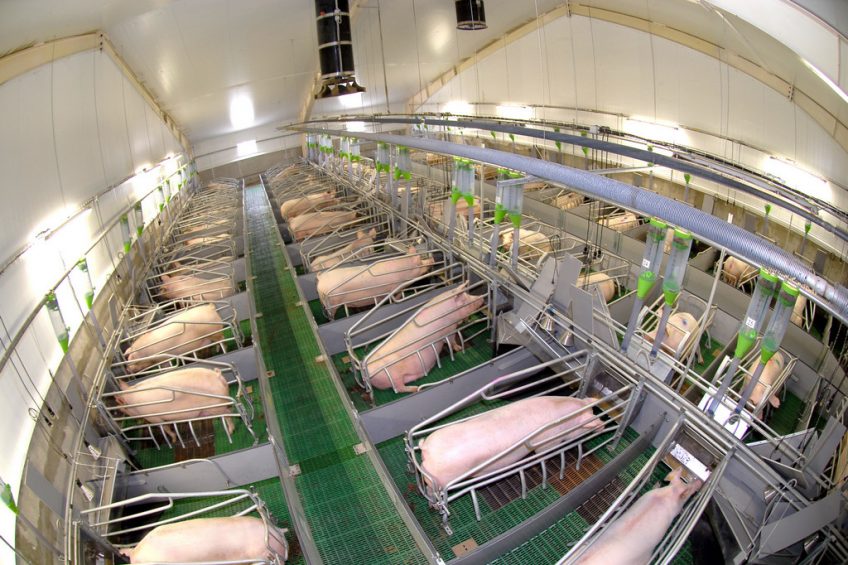Cherkizovo completes major pork production project

Russia’s agricultural holding Cherkizovo is expected complete the construction of a large swine complex in the Lipetsk region by the end of 2017.
The complex will involve 1 sow farm and 7 nursery and finishing sites the in region, Elena Trifonova, Cherkizovo’s official spokeswoman told Pig Progress. She added that by the end of 2018, another, similar complex should be completed.
Pig expansion plans are crucial for Cherkizovo
Speaking late June to Russia’s media RBK, Cherkizovo CEO Sergey Mikhailov said the 2 complexes in central Russia are crucial for Cherkizovo as they will nearly double the company’s general pork production capacity to 300,000 tonnes. Cherkizovo pumped about 7 billion roubles (US$118 million) into these complexes, Mr Mikhailov said.
In 2016, Cherkizovo produced 184,600 tonnes of pork, Ms Trifonova said. Last year, the company increased its output by nearly 6% compared to 2015. That was mostly related to the implementation of an on-farm genetics improvement programme, according to company’s annual report. The programme was aimed at improving animal welfare and ensuring increased vitality, thus achieving higher weight gains.
New swine farms in the pipeline
Meanwhile, Cherkizovo plans to start construction of the 7 pig farms in the Penza region as well, nearly 420 km away from the Lipetsk production site, according to information posted on the website of the regional government on June 5.
Within this Penza project Cherkizovo plans to rear nearly 560,000 heads of pigs per year to produce 58,000 tonnes of pork. The company hoped to have these facilities ready by 2019. Earlier, Mr Mikhailov had estimated the cost of the project to be at 5.6 billion roubles (US$94 million).
Robotised processing facility
Speaking to Russia’s media BFM, Mr Mikhailov spoke about the amounts that Cherkizovo invests; generally the company invests 169 billion roubles (US$101 million) in pigs, poultry, etc. plants per year in 2016 and 2017.
In addition to the new pig farms in 2017, the company plans to start building a new processing facility in Moscow for 6 billion roubles (US$101 million). The plant will focus on the production of smoked and dry-cured sausages and will allow Cherkizovo to nearly double the share in the Russian sausages market, Mr Mikhailov said.
The new facility will be fully robotised and “the workers at the plans will not touch production throughout the entire process.” The facility will have capacity of about 100 tonnes per day, he added.











